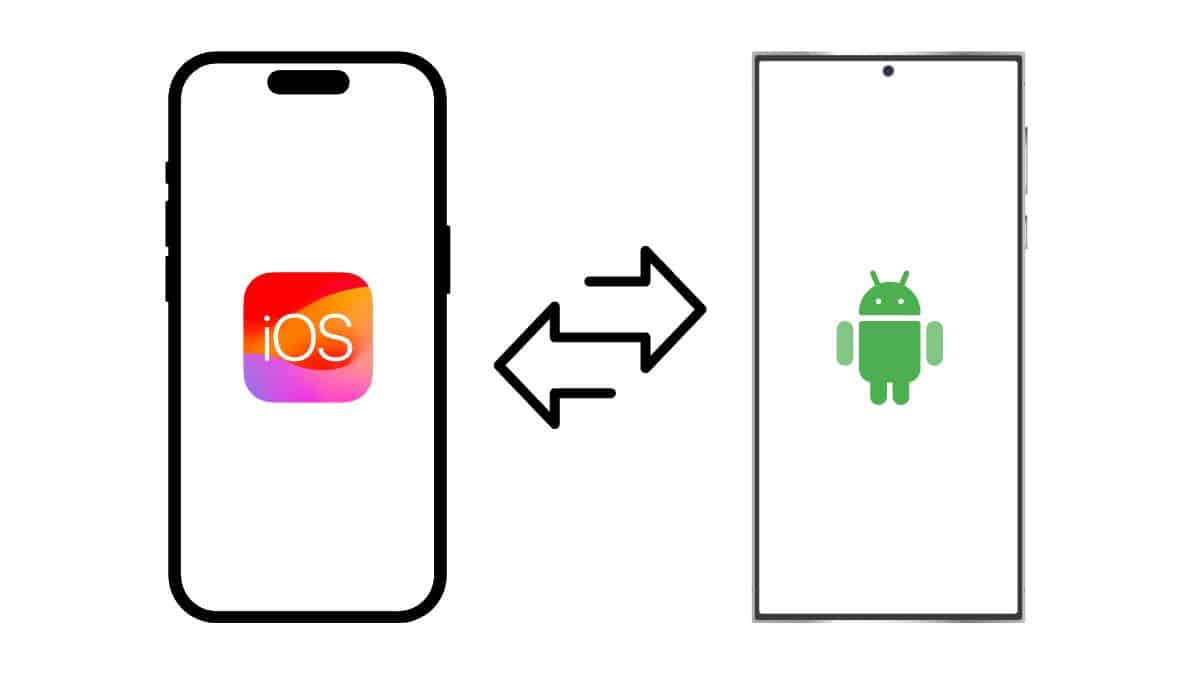HIGHLIGHTS
- Apple is working on a new feature to comply with EU’s new DMA rules.
- iPhones users in the EU will be able to uninstall the Safari browser by the end of this year.
- But currently it isn’t clear, these features only remain in the EU or come to other markets too.

Apple is working on a new easier process which helps to transfer the data from Android phone to iPhone and this new and easier process of data transfer will be available by 2025. iPhones users in the EU will also be able to uninstall their Safari browser by the end of this year. These features will come in compliance with the European Union’s new Digital Markets Act (DMA).
Apple’s new changes for iPhone users in the EU
According to Apple’s new compliance document complying to the rules setup by the EU for Cupertino based tech giant. But currently it isn’t clear these new features will be exclusive to users in the EU or expand to the other markets as well.
Apple is developing an easier way to transfer phone data by allowing other mobile operating system providers (Android) “develop more user-friendly solutions to transfer data from an iPhone to a Non-Apple phone.” The new and refined transfer process will be developed based on existing migration tools.
Currently there is a way to transfer the data from an Android phone to an iPhone, but currently you aren’t able to transfer everything. When this feature will be available it will make it easier to transfer the data from Android phone to iPhone.
iPhone users in the EU will also have the option to uninstall the Safari browser and they can install another browser. But currently Apple already lets you choose Chrome as the default browser.
Apple always does not allow third-party resources on its devices to maintain the user’s privacy. But Now Apple have to allow third-party resources on its devices in the EU. Apple is still reiterating how this creates risk for iPhones by creating “new avenues for malware, fraud and scams, illicit and harmful content, and other privacy and security threats.”
Apple also added these changes to prevent it from being able to “detect, prevent and take action against malicious apps on iOS and to support users impacted by issues with apps downloaded outside of the App Store.”


